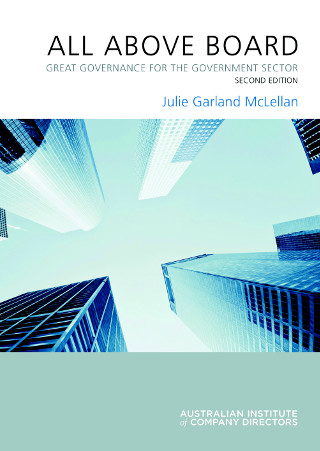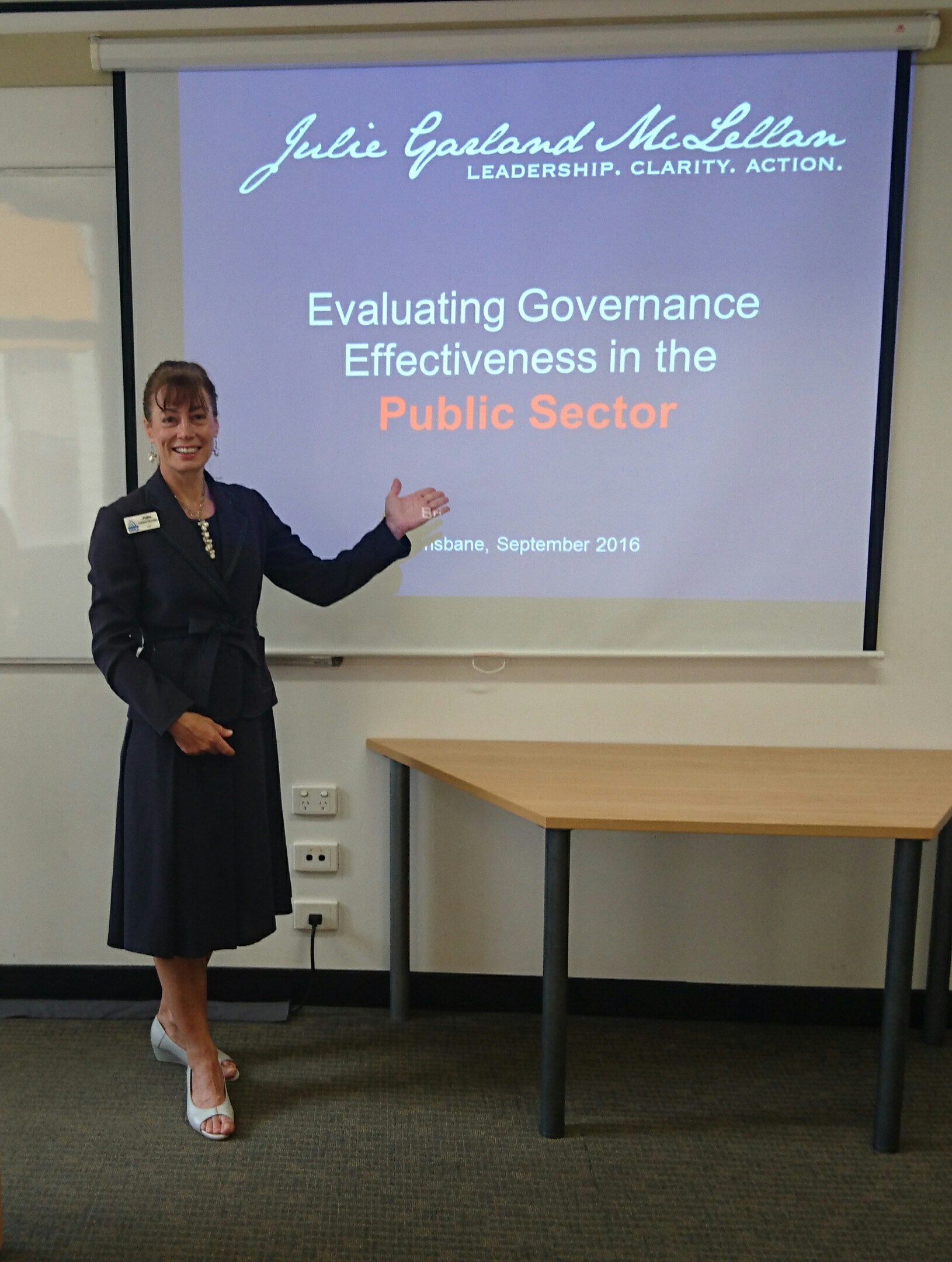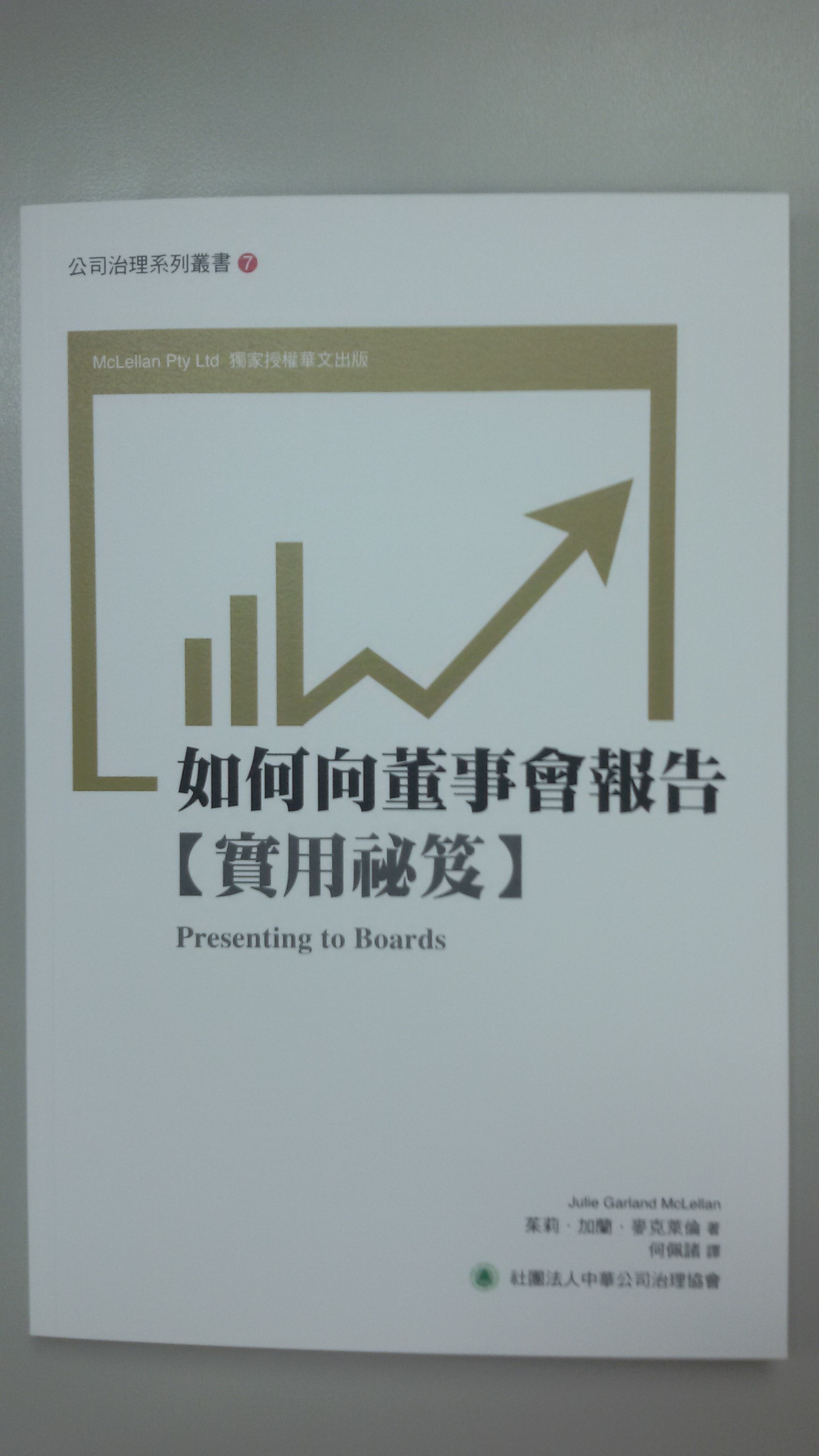Dear reader,
Welcome to the October 2016 edition of The Director’s Dilemma.
Our case study this month looks into the difficulties of finding yourself culturally at odds with the prevailing board values and behaviours.
I hope you will enjoy this dilemma and the three suggested responses.
To read this email in your browser, go to www.mclellan.com.au/newsletter.html and click on 'read the latest issue'.
Ignacio is an old boy of a private school with a proud sporting tradition. He was invited onto the board last year when a long-serving director retired. The school is well run with a professional principal who has the respect of the staff as well as many of the boys.
The school has worked hard to develop academic excellence and its place in rankings has improved with a greater percentage of boys qualifying for university.
At the last board meeting the CEO was absent. The chairman explained that he had taken stress leave because he couldn't cope with bullying from some of the parents. Some directors sniggered and the rest looked embarrassed. There were a few comments about 'needing to grow a backbone', 'being a pansy', and 'not having the guts to stand up to parents or lead the teams to victory on the field'.
Ignacio was aghast - he asked about the anti-harassment and workplace health and safety policies and was given leave by the chair "to look into 'covering our backs' if necessary".
Ignacio met with the HR manager and discovered the policies were out of date and appeared to have been cut and pasted from the original Department of Education advice without customisation. From his experience running a business Ignacio is aware of the importance of mental health issues in the modern workplace and also of the legal duty of directors to provide a workplace free from bullying and harassment. School staff are all aware of a discrepancy between the stated School values and those of the board and some parents. The HR manager tells him that recent bullying by parents has become more akin to verbal and even physical assault. Staff believe the board will not support them against fee paying parents even though the school is, in theory, a not-for-profit institution.
How can Ignacio help lead his board to an understanding of their duty to provide a safe workplace?





